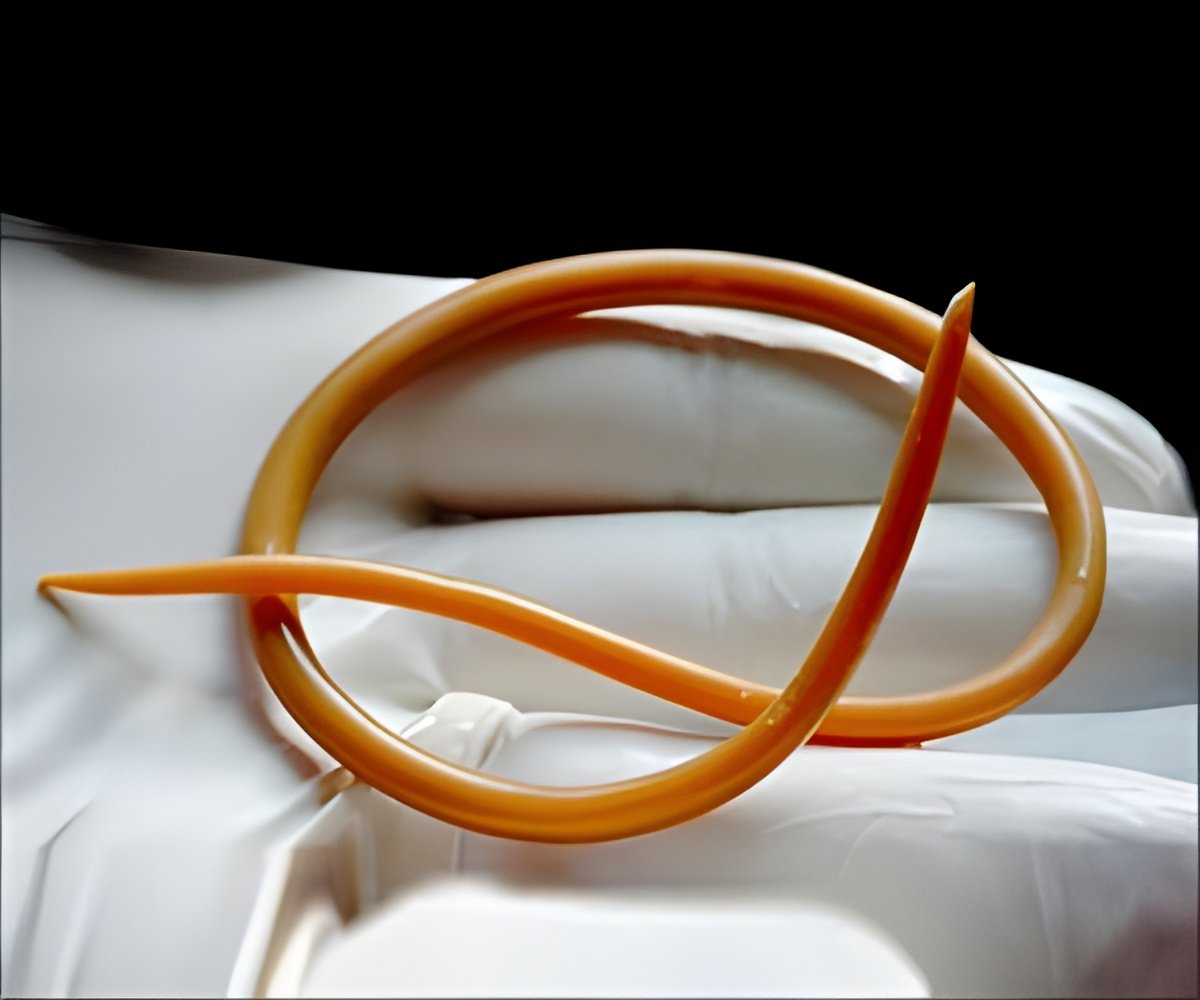Mothers live just long to produce the male progeny in some species

= "The demise of the female appears to benefit the male worm by removing her from the mating pool for other males," said the Princeton University researchers.
The researchers found that male sperm and seminal fluid trigger pathways that cause females to dehydrate, prematurely age and die.
"Their lifespans are cut by about a third to a half," said senior author Coleen Murphy, an associate professor of molecular biology at the Lewis-Sigler Institute for Integrative Genomics.
"Males compete to have their genomes propagated, and this often occurs at the expense of the female," Murphy added. The study is the first to document body shrinkage and identify the underlying biological pathways, Murphy said.
The C. elegans roundworm is commonly used in research because many of its genetic pathways are similar to those of humans.
Advertisement
Males, however, require females if they are to pass on their genes to future generations. Once inseminated, the female can give birth to hundreds of progeny, and these offspring do not require maternal care after they are born. Killing off the mother makes her unavailable to mate with other males, giving a genetic advantage to the father.
Advertisement
"The fact that it is conserved in true male-female species, not just hermaphrodites, suggests that it is an important, conserved biological mechanism," Murphy said.
The findings of the research have been published in the journal Science.
Source-IANS







